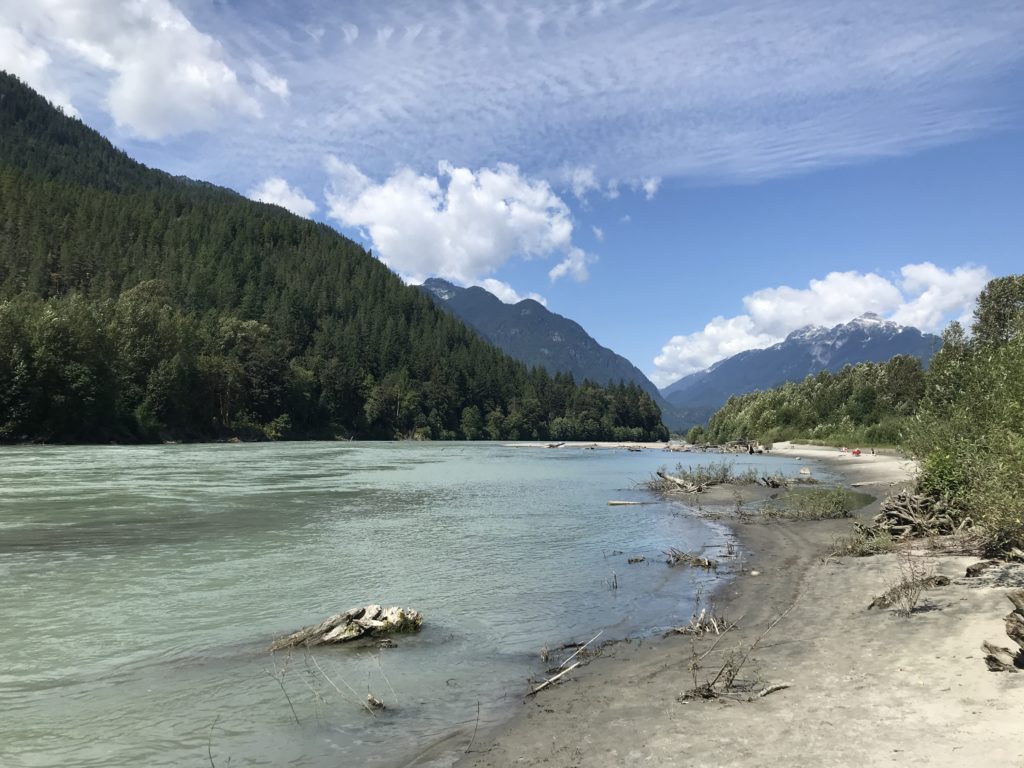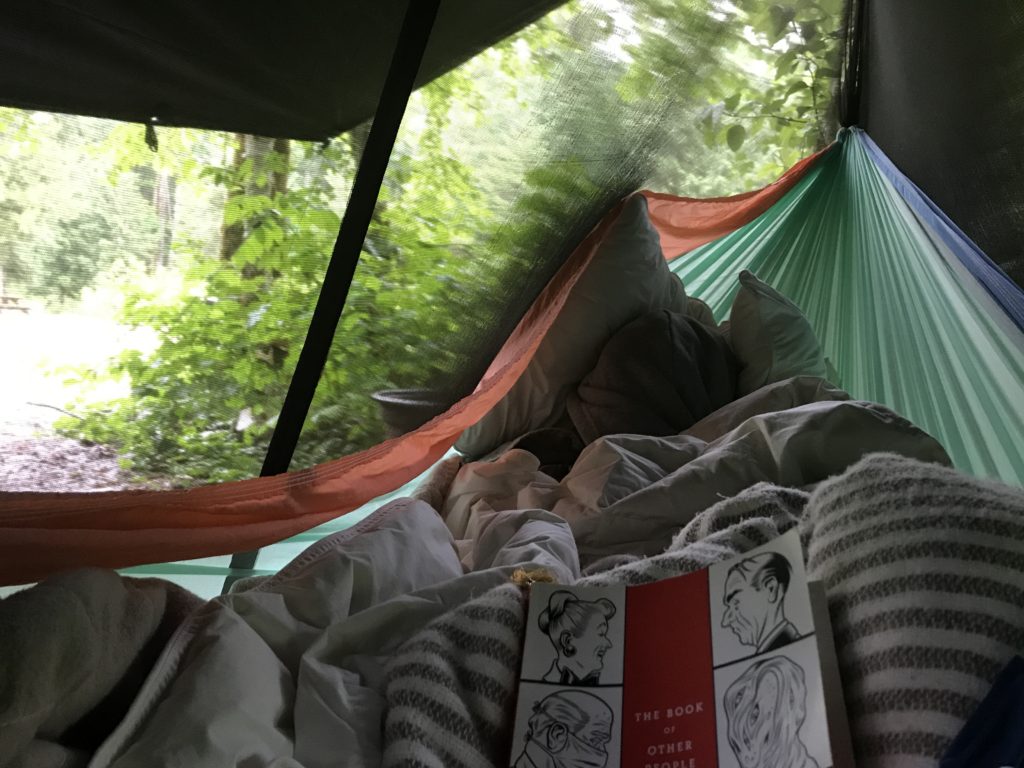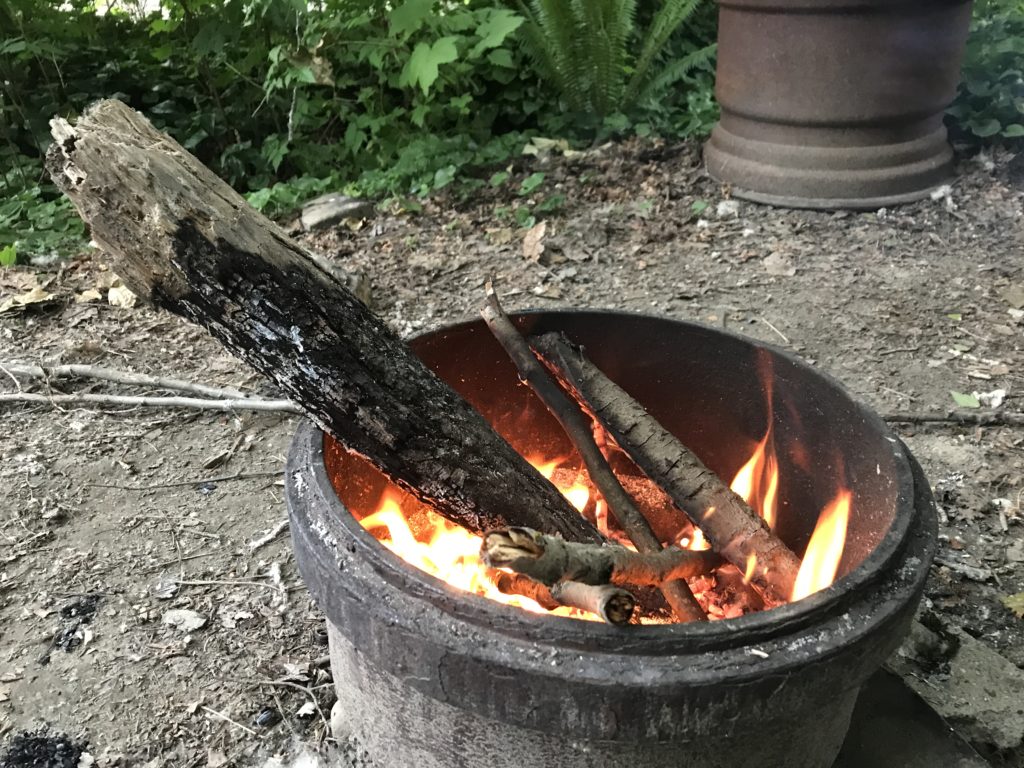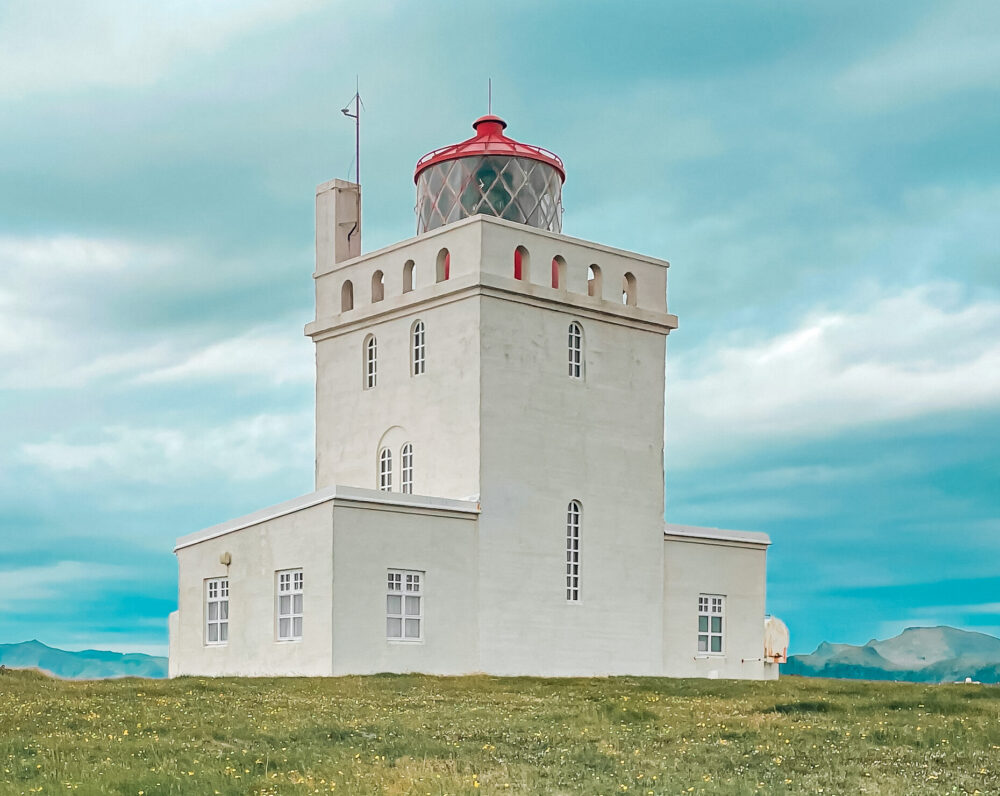After a summer of camp trips in beautiful British Columbia, Canada, I have been lucky enough to explore many ways to make camping eco-friendly. From your gear to food to campsites, here’s a breakdown of how to go eco-friendly camping.
Find an eco-friendly camping spot
If you’re not wanting to go wild camping, you’re probably going to want to find an eco-friendly campsite to stay at for your trip away from home. With a bit of research, you will most likely be able to locate some campsites that offer responsible waste management, water conservation, energy conservation, and more. For North America, Koa is a great place to start your search.

Sometimes it’s fun to head out wild camping to get away from civilization and have a fully immersive nature experience. It’s important however to still do plenty of research before heading off on a wild camping adventure. Learn where it’s best to be located for the night to ensure you avoid any protected land, naturalized areas, or areas that have lots of wildlife. Be sure to pack out what you take in, leaving no trace of you behind once you wrap up your adventure.
Source eco-friendly camping gear
Shelter
Whether you’re sleeping in a tent or a hammock, there are lots of options for camp accommodations that are made from responsibly sourced and recycled materials. I love the brand Nakie and have purchased 2 hammocks, a bug net, and a tarp from them. It can be an expensive purchase but worth it due to their eco-friendly products and the high quality of their gear.

If you’re on more of a tight budget, sourcing used tents or looking into rentals is a great way to be eco-friendly. Perhaps you can even borrow some gear from a friend.
Utensils and cooking
Whatever you take to cook and eat with when you go camping should ideally be reusable. It would be a bonus if your utensils and cookware are made from eco-friendly materials or they have been responsibly sourced. I personally love using bamboo utensils and tupperwear as well as a stainless steel bottle for drinking water. To heat up food, stainless steel or aluminum billy cans are a great option.
When it comes to building fires, it’s important to research what to burn, and what not to burn. Some materials can give off lots of smoke and harsh chemicals that will be released into the atmosphere. It’s also important to be mindful of what you burn as to not attract wildlife to your camp spot.

Food
With food, if you can afford it, shopping for organic produce or buying items from zero waste stores is a great way to be eco-friendly-minded. Rather than buying packed premade or precooked food, try a DIY menu and make time to prep food before you go.
If you’re not a fan of cooking or being organized, vegan friendly food packs are a great option. Nomad Nourish offers some great dehydrated meals.
Packing
For items you’ll use throughout your trip, such as toiletries and washing-up liquid, try to select vegan and natural options. This way, if you’re using natural deodorants and soaps, you will be avoiding releasing chemicals into water sources or onto the land. I tent to pack natural deodorant and soap bars, biodegradable wet wipes, and toilet paper sourced from bamboo and eco-friendly bug repellent.
Learn how to be a responsible camper
Wherever you go, it’s important to take all take rubbish and belongings back home with you or dispose of them responsibly. Leave no trace that you were ever at the campsite and avoid interaction with/attracting wildlife. Limit noise where possible and try to conserve water and energy.
Happy camping!
Also by Anna: Your Guide To Responsible Travel During The Pandemic
Get more like this—Sign up for our daily inspirational newsletter for exclusive content!
__
Photo: Anna Ashbarry




